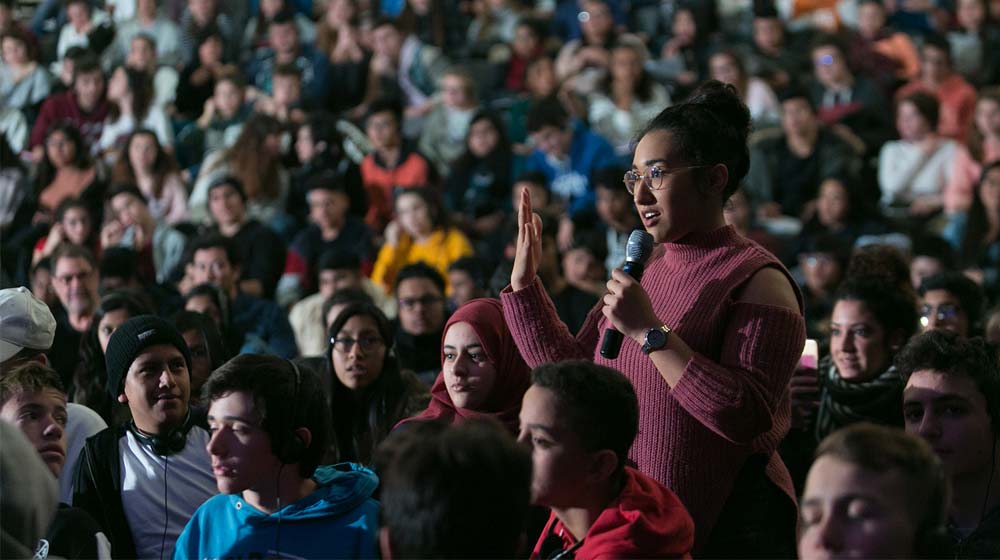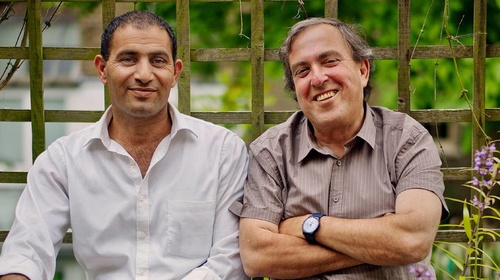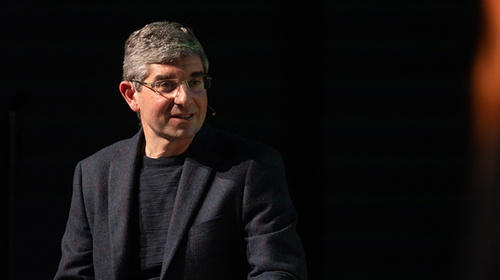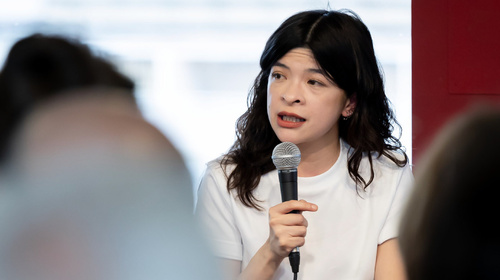Talks for secondary school students
This programme of talks aims to prepare secondary school students aged between fifteen and seventeen to take part in debates about today’s world.
Since 2010, the CCCB has offered a programme of talks specifically designed for secondary school students in order to acquaint them with the great present-day debates and give them the opportunity to discuss these issues with leading figures of contemporary culture. From the challenges and problems of today’s world, through to the key questions of philosophy, these sessions seek to stimulate discussion and exchanges of ideas among young people, thus enlarging their frames of reference and encouraging critical thought. By including this cycle of talks in its educational programme the CCCB has created a space where young people can come together with eminent cultural personalities in the conviction that learning occurs both inside and outside the classroom.
Activities
Walking in Each Other’s Shoes: Stories for Peace
A Morning with Rami Elhanan and Bassam Aramin
Are We Alone in the Universe? Exploring the Frontiers of Life
A morning with Ignasi Ribas
Journalism in Times of Violence
A Morning with Patricia Evangelista
Related contents
Listening to the Rainforest: Words of a Yanomami Wise Man
A Morning with Davi Kopenawa
Davi Kopenawa, spiritual and political spokesperson of the Yanomami people and a world leader in the defence of the rights of indigenous communities, will be talking to us about his people’s intimate relationship with the rainforest and the tragic implications of its destruction. The session has a pedagogical dossier (in Catalan) so that the students can work on the contents beforehand in the classroom and thus make the most out of the lecture. ...
Books about Us
A Morning with Tsitsi Dangarembga
Writer and filmmaker Tsitsi Dangarembga defends the power of storytelling and imagination as means to self-knowledge and emancipation, and defends the importance of a literature that reflects the voices and the experiences of the people who are often sidelined. This conversation takes places within the framework of Resident CCCB, an international residency program of the CCCB in collaboration with Universitat Oberta de Catalunya and supported by Fundació Privada MIR-PUIG. ...



